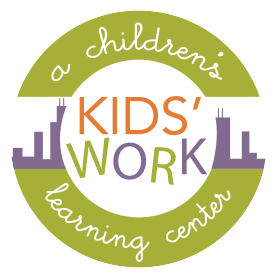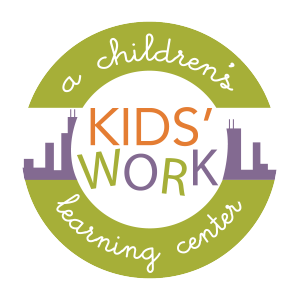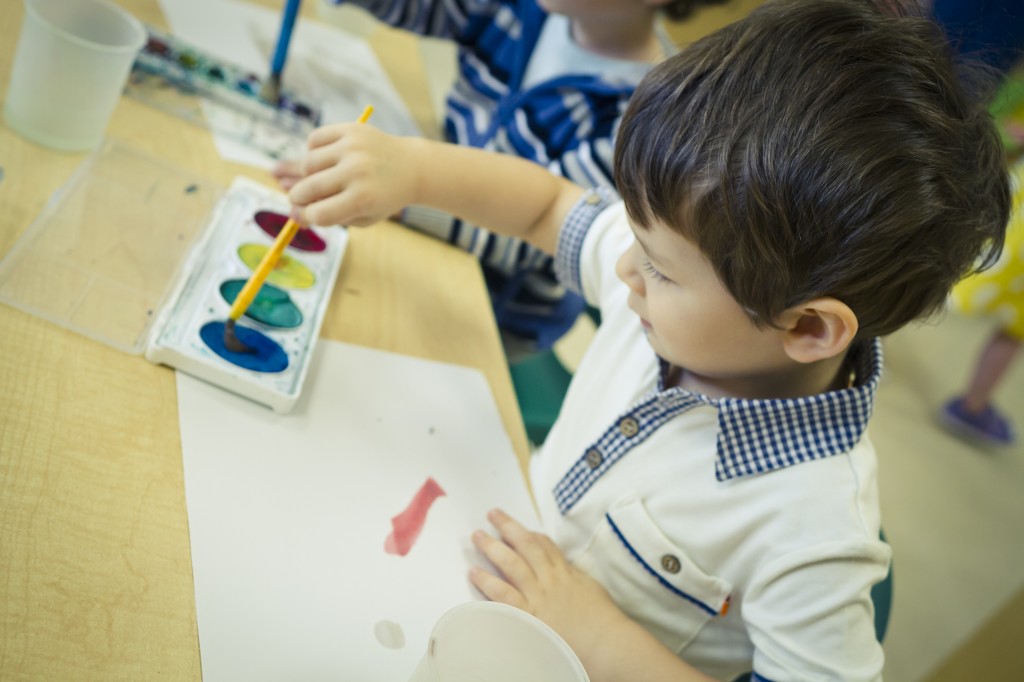This is a continuation of the earlier post on how to prepare your child for daycare. Whatever age your child is when they are going to begin daycare or preschool, you will want to ease the transition from being with you in the home full-time, to successfully continuing the learning and growing process away from you at daycare or preschool. For this process, a little preparation can go a long way.
To do this, remember that preparing your child for daycare or preschool isn’t just about books and academics (or coloring books and nap time). A lot of development happens quickly from birth to age 2, but children ages 3-5 are continuing to learn and develop rapidly as well, so to ensure they are reaching and enjoying their full potential at each different stage of their life and development, keep in mind the various areas of development.
Again, as mentioned in the previous post, the key areas in a child’s growth and readiness for daycare are:
- Cognitive development
- Language/communication skills and development
- Motor skills and coordination
- Social and emotional development
When assessing a child’s readiness for daycare, all these factors should be considered and prepared for ahead of time.
How to Help Your Child Prepare
Here are examples of things you can do at each age and stage of development to help prepare your child for daycare and preschool.
Age 3:
- Teach your child to respond to others with his or her name and age when asked.
- Help them to understand routines and sequence of events, such as, “After dinner, we take a bath.”
- Encourage feelings and expressions of empathy, i.e. if a friend is sad or crying, they will feel sad.
- Do games where they sort things by size and color.
- Teach them to draw simple shapes like triangles, squares, and circles.
Age 4:
- Encourage them to speak in 5-to-6-word sentences, such as, “I can kick a ball,” or “I want some water please,” and be able to communicate their questions, thoughts, needs and wishes clearly using sentences.
- Have them retell you his or her favorite stories and rhymes all by themselves.
- Make them feel secure and encourage them to try new things like swinging higher on the swing set, climbing higher on the jungle gym, going down a bigger slide, or inviting a new person to join them in play.
- Teach peaceful conflict resolution when issues come up in play, such as resolving the issue by taking turns or sharing, and teach them to value interacting and spending time with others who also cooperate and try to peaceably resolve conflict.
- Teach them to share their toys and that sharing is a good thing.
Age 5:
- Teach them to remember their name and address by heart.
- Let them do things and encourage them to be involved and help. Their sense of independence is increasing, and they may actually want to help you make their sandwich or lay out their clothes for the next day.
- Show them what their name looks like written out on paper and on the computer.
- Teach them the names of their body parts.
- Teach them to do somersaults.
- Teach them to print some letters (like the ones in their name).
Doing some of these things and keeping in mind the major areas of development when thinking of other things to help your child develop his or her skills and abilities will not only help prepare them for daycare or preschool, but for life all around. Keep it up!


